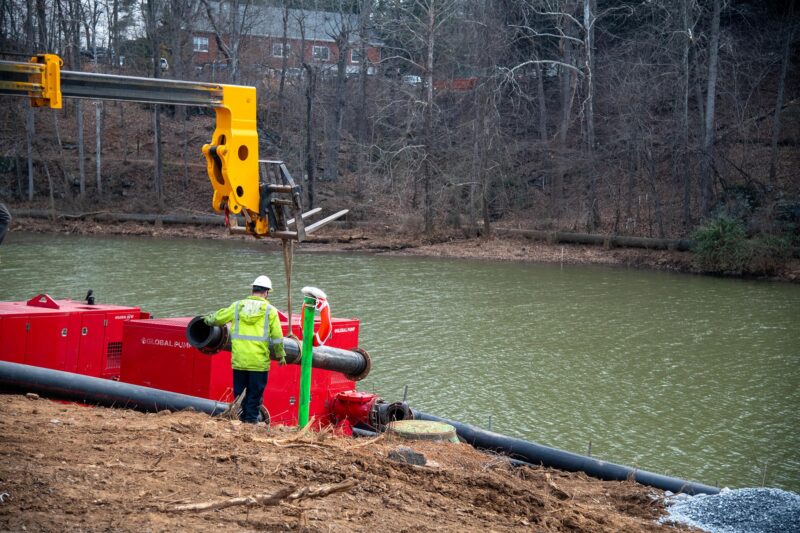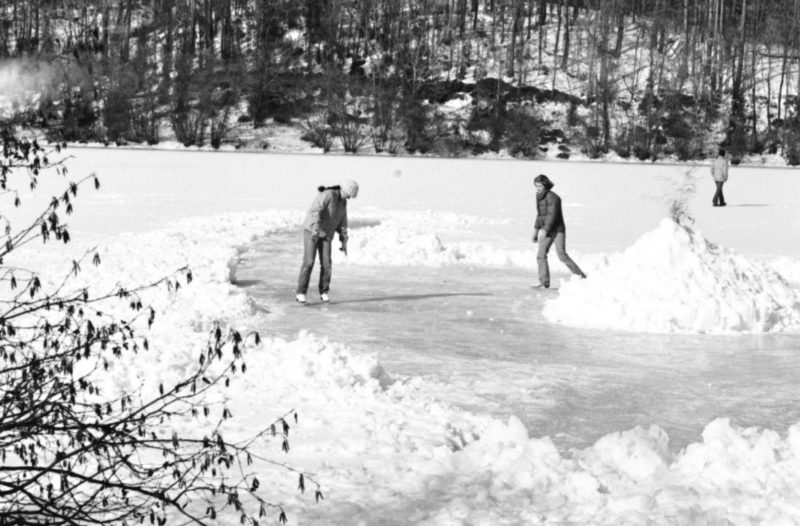
Dr. Laura Henry-Stone, associate professor and chair of environmental sciences and sustainability, will talk about College Lake and its 90-year history during a lecture at 10 a.m. Wednesday, March 20, in Schewel Hall’s Sydnor Performance Hall.
“The Shifting Landscapes of Lynchburg’s College Lake” will also feature documents from the College Lake Community Memory Project, an oral history project that began as a senior capstone course in 2016. It includes in-depth interviews conducted by students with current and retired faculty and staff, as well as nearby residents.
The lecture is part of LIFE@Lynchburg, a 10-session-per-semester learning series geared toward community members aged 50 and older. Membership is available for a full semester or academic year. Individual session tickets also are available and members may bring a guest for a $5 fee.
“This LIFE@Lynchburg talk provides an opportunity for me to integrate and reflect on my experiences with College Lake during the 13 years I’ve been on the University of Lynchburg faculty,” Henry-Stone said.
“Not only have I worked closely with the Lynchburg Department of Water Resources on the dam removal project, but I’ve also taught about the lake in multiple classes, supervised independent student research projects about the lake, and enjoyed living as a neighbor of the lake while a resident on Faculty Drive.”

Henry-Stone will also show items from Knight-Capron Library’s digital College Lake Collection, including historical photographs and other documents. She said she timed her talk to coincide with the College Lake Dam Removal project, which has been in full swing since January.
On Feb. 22, the city began draining the lake, carefully pumping out 1 foot of water each day. The whole drainage process, according to project coordinator Erin Hawkins, should take about two weeks — depending on rainfall totals.
Henry-Stone served as the University’s liaison to the city until 2021 and has been closely involved in the process since the project began five years ago.
“This spring, we’ve arrived at a pivotal point for the dam and the lake,” she said. “We’re seeing the culmination of years of hard work from city staff, consultants, and stakeholders as our collective vision established in 2018 of a ‘wetlands learning laboratory’ takes a major step forward with the removal of the dam and the restoration of Blackwater Creek through the lakebed.
“I look forward to seeing the future of this new ecosystem unfold.”

